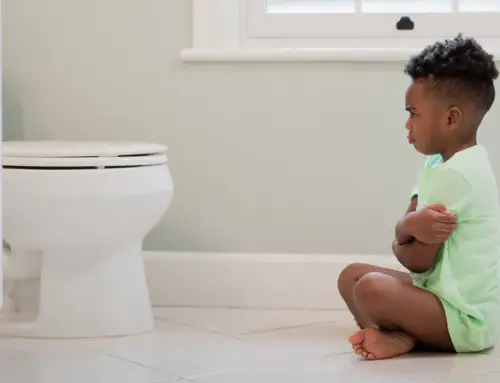Having a dyslexic child means you probably see them struggle each and every day when it comes to their academics. It’s hard for us as a parent to watch them struggle. It’s only natural for us to want to swoop in and save the day. I’m here to tell you that we can! Homeschooling can provide a great alternative for our dyslexic children.

Now before you go into a panic and think, if the professional teachers can’t reach them how in the world can I teach my dyslexic child, let me tell you it’s possible. Not only is it possible, I think it’s the ideal learning environment for our kids. It doesn’t take long to find many high quality curriculum options available for homeschool families that are designed for dyslexic children.
For example, All About Learning’s Orton Gillingham based reading and spelling programs are perfectly laid out turn key programs designed for dyslexic children. These options require no additional training on the parent’s part to be able to teach the course. So, don’t feel unqualified and brush off the idea of homeschooling. It is something you can do. The following is a list of reasons why I think you should at least consider homeschooling your dyslexic child.
Go At Your Own Pace
With homeschooling you have the freedom to go at your own pace. Going at your own pace means that your child doesn’t notice if they’re not keeping up with the class. Slow and steady wins the race when it comes to our dyselxic kids. Being able to go at your own pace in a homeschool setting means they are not being “left behind” as they often are in a classroom setting.
Less Stress
Going at your own pace also means less stress for our kids. There is less stress to perform, you can take your time on the lessons until they have mastered it. By homeschooling they no longer have the stress of trying to keep up with their peers. You can also allow your child to take brain breaks as needed when you see frustration building.
 They Won’t Feel Stupid Compared to Their Peers
They Won’t Feel Stupid Compared to Their Peers
This kind of goes along with going at your own pace. When a child with a learning disability is learning aside kids without a learning disability it’s only natural that they will begin to feel stupid. While as their parents we know this isn’t true, you have to admit it must be difficult for our children to be expected to learn the same way as their peers.
It doesn’t take long for our kids to start feeling they are stupid and then start to believe that it’s actually true. I believe that our children don’t even need to be bullied to make the observations that cause them to feel down on their selves. Throw in the possibility that they could be bullied for being “dumb” and it will just make the situation worse.
Worst case scenario our child learns how to skate by or just completely gives up. I for one, am not willing to take that gamble. Our kids are smart, they simply learn in a different way.
Able to Make Modifications For Dyslexia Quickly
When you homeschool and you see a curriculum isn’t working well with your child, you can throw it out the window and try something new on your own terms. You don’t need to wait and see if the school will allow it, or just expect a one size fits all curriculum option.
You Know Exactly How They Are Doing
I’ve noticed that teachers don’t necessarily communicate everything to you the parent. It’s not that they’re necessarily trying to hide something, but there were times when I felt something should have been said to me. When your dyslexic child is in public school you really have no way of knowing exactly how they are doing. Sometimes the teacher might sugar coat how they’re doing, or even worse not recognize there is even a problem. You would be surprised how little teachers know about dyslexia.
When Grasshopper was having behavior problems in kindergarten all sorts of things were thrown out there by school staff as things that could be “wrong” with him. Things like depression, mood disorders, even questioning our parenting. Never once did anyone suggest dyslexia (or any learning disability) as possibly being the underlying problem.
Your child also might not be completely honest with how they feel. This is especially true if they’re already feeling like they’re the dumb kid in class. The discouragement and frustrations they feel might cause them to shut down, and not communicate with you.
Encouragement
When you homeschool your child with dyslexia, or any learning disability for that matter, you are partnering with them and become their number one cheerleader. You know exactly how they are doing, how hard they’ve worked, and the progress they’ve made. You’ll be there to encourage them when they feel frustrated. You’re there to work through their struggles with them.
You’re not only there to encourage them academically, but also emotionally. Having a learning disability is hard. Our kids will feel frustrated and ready to give up frequently. When we are there with them in these moments we are able to remind them how smart they really are.








Leave A Comment